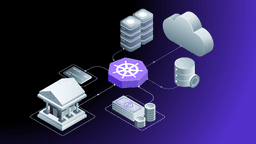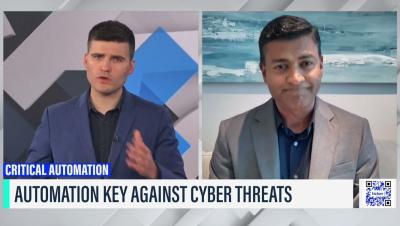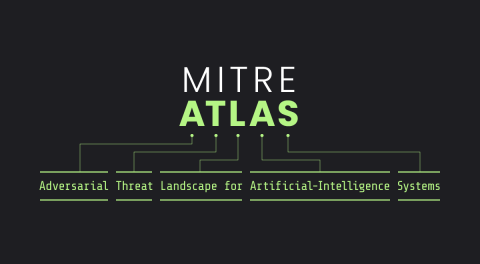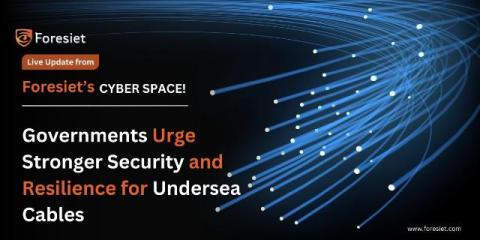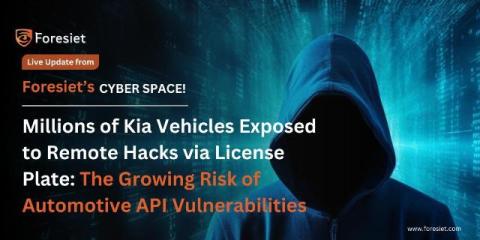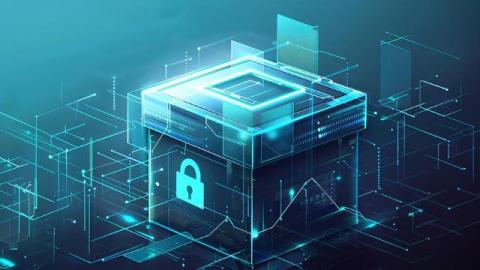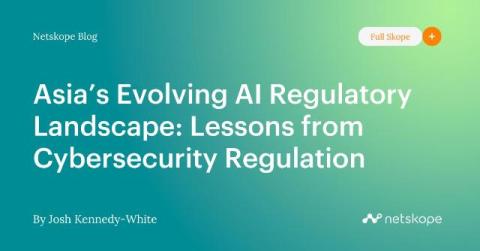Kubernetes Namespace Restriction and Separation
Teleport provides a secure and scalable solution for managing namespace separation in Kubernetes clusters, streamlining compliance, and enabling financial institutions to maintain both resiliency and agility. Kubernetes has rapidly evolved from a tech buzzword to an indispensable backbone of modern infrastructure in the financial services industry — redefining how institutions scale, secure, and deliver their most critical applications.


